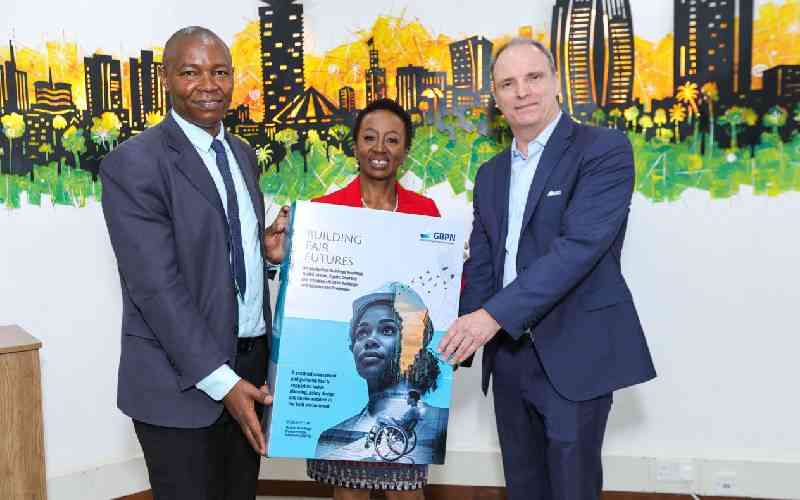×
The Standard e-Paper
Kenya’s Boldest Voice
The Covid-19 pandemic has exposed the vulnerability of densely populated cities with crowded accommodation and public transportation systems to the transmission of airborne viruses.
Even if an effective vaccine can be deployed, the outbreak is unlikely to be the last, with future epidemics of coronavirus, or other airborne viruses, likely in the next few decades.







